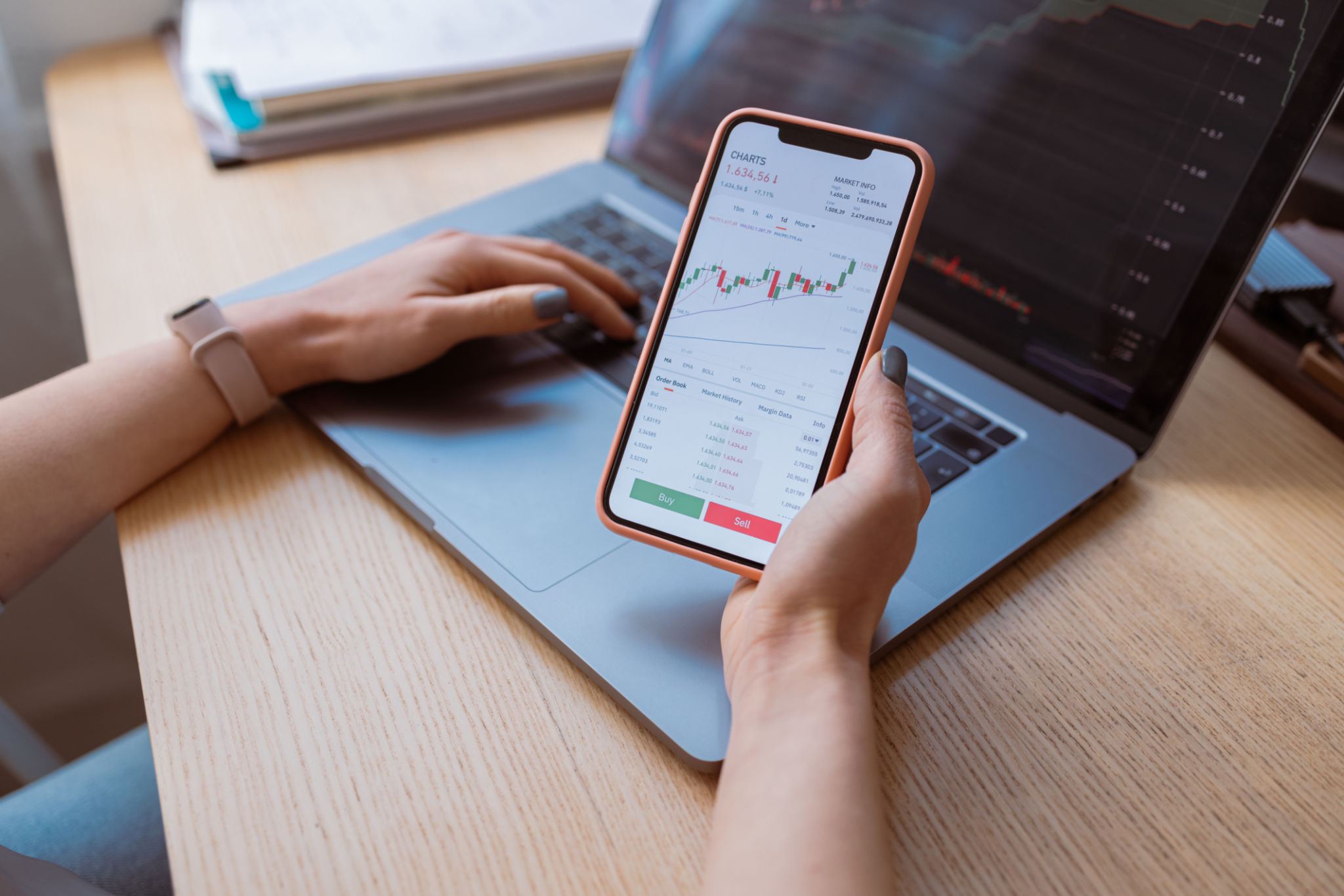Debunking Common Myths About Trading Tools
Understanding the Purpose of Trading Tools
Trading tools have become an essential part of the modern trading landscape, offering traders enhanced capabilities to analyze markets, execute trades, and manage portfolios. However, misconceptions about these tools often lead to unrealistic expectations or misuse. By understanding what trading tools are designed to do, traders can leverage their full potential.
It's important to note that trading tools are not magic solutions that guarantee profits. Instead, they are designed to provide data analysis, charting, and automation features that assist traders in making informed decisions. Recognizing their purpose helps in setting realistic expectations for their use.

Myth: Trading Tools Are Only for Professionals
A common myth is that trading tools are exclusively for seasoned professionals. This misconception can deter novice traders from exploring these valuable resources. In reality, many trading tools are user-friendly and cater to a range of skill levels, from beginners to advanced traders.
Many platforms offer educational resources, tutorials, and demo accounts to help users familiarize themselves with the tools. Beginners can benefit greatly from utilizing trading tools to learn market dynamics and develop their trading strategies.

Myth: Trading Tools Guarantee Success
Another prevalent myth is that using trading tools guarantees success in the market. While these tools provide valuable insights and analysis, they do not eliminate risks. Successful trading still requires a solid understanding of the market, risk management, and strategic planning.
It's crucial for traders to use tools as part of a comprehensive strategy rather than relying solely on them for decision-making. Understanding market trends, economic indicators, and geopolitical factors remains essential for effective trading.
Myth: All Trading Tools Are the Same
Some traders believe that all trading tools offer similar functionalities and choose them indiscriminately. However, trading tools vary significantly in terms of features, customization options, and integration capabilities. Choosing the right tool depends on individual trading goals and preferences.
- Technical Analysis Tools: These are ideal for traders who focus on chart patterns and indicators.
- Fundamental Analysis Tools: Useful for those who prioritize economic data and company performance.
- Automated Trading Systems: Best suited for traders who want to implement algorithmic strategies.

Myth: Trading Tools Replace Human Judgment
The belief that trading tools can replace human judgment is another misconception. While tools can process vast amounts of data quickly, they lack the intuition and experience that human traders bring to the table. Emotional intelligence and market insights play a critical role in successful trading.
Traders should view tools as partners in their trading journey. By combining analytical capabilities with personal expertise, traders can enhance their decision-making processes.
Choosing the Right Trading Tools
Selecting the appropriate trading tools involves evaluating one's trading style, goals, and budget. It's beneficial to explore different options through free trials or demos before committing to a particular tool. Feedback from peer reviews and expert recommendations can also provide valuable insights.
Ultimately, the right trading tool is one that complements your strategy and enhances your ability to analyze and respond to market conditions effectively.

Conclusion
By debunking these common myths about trading tools, traders can approach their use with a realistic mindset. Trading tools are powerful aids that can significantly improve a trader's capabilities but should be integrated thoughtfully into a comprehensive trading strategy.
Embracing these tools with an informed perspective will empower traders to navigate the complexities of the market more effectively, achieving better outcomes over time.
